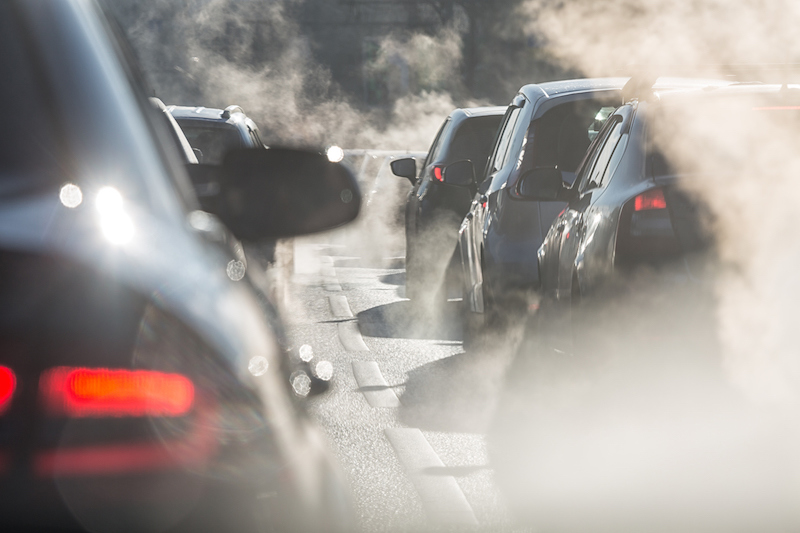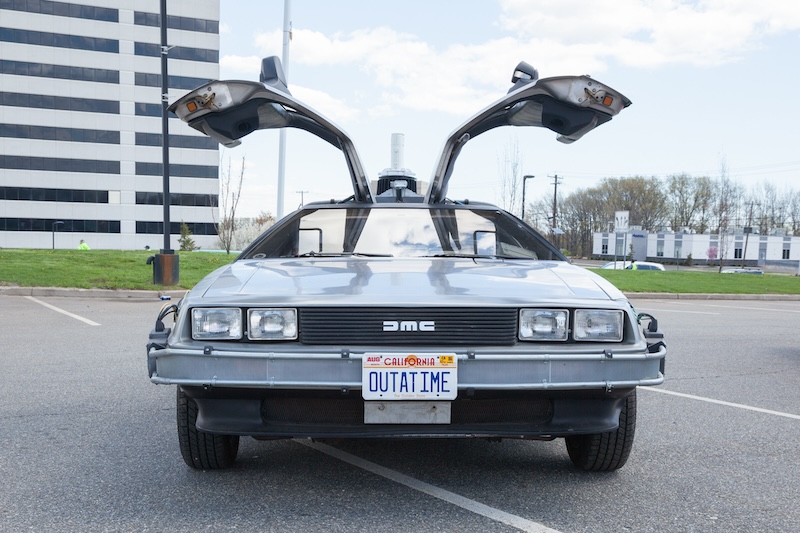2030 ban on the sale of new petrol and diesel cars to go ahead

The sale of new petrol and diesel cars will be banned by 2030
Energy Secretary Grant Shapps has confirmed that the government will stick to its plan to ban the sale of new petrol and diesel cars by 2030.
The confirmation came after the European Union decided to allow the sale of new internal combustion engine (ICE) cars that run exclusively on ‘e-fuels’ or carbon neutral petrol alternatives, to continue after 2035.
“This is not a change of policy”
Mr Shapps said: “We will always have a look at what is developing or happening elsewhere, but our policy does not change as a result.”
Current plans include a ban on the sale of new petrol and diesel cars by 2030 and an unspecified approach over the following five years.
The former Transport Secretary added: “Our plan at the moment does not have an exemption for e-fuels, but there is that five-year period to deal with as well…
“This is not a change of policy – we are sticking with our plans. We are not in Europe, we don’t have to do what Europe does on this stuff – we’ve always been more forward leaning on this stuff than the EU.”
In his ‘Powering Up Britain’ plan, published today, Shapps has indicated several other measures to help Britain go greener.
Aside from plans to speed up the installation of solar panels and offshore wind farms, Shapps is also announcing the first locations of the Carbon Capture Utilisation and Storage (CCUS) projects, which will help store 20-30 million tonnes of CO2 a year by 2030 – the equivalent of the emissions of 10-15 million cars.
New plans for the EU
The EU agreed earlier this week that from 2030, CO2 emissions need to be 55% lower than 2021 levels, with the aim of having all new cars sold from 2035 having zero CO2 emissions.
It means that countries in the EU will be able to sell petrol and diesel cars for five years longer than the UK. The decision to allow the sale of ICE cars that run solely on e-fuels comes after criticism from manufacturers.
German carmaker Porsche is keen to ensure that its cars can still run with conventional engines and e-fuels, the luxury car brand is one of the few that hasn’t committed to going fully electric by a certain date.
Meanwhile, Italy is said to oppose the new rules, as the country wants to allow vehicles to run on biofuels, made from materials such as wood waste.
Greenpeace has described the EU’s decision as a ‘rotten compromise’.
Check out our blog if you’d like to learn more about the diesel ban


